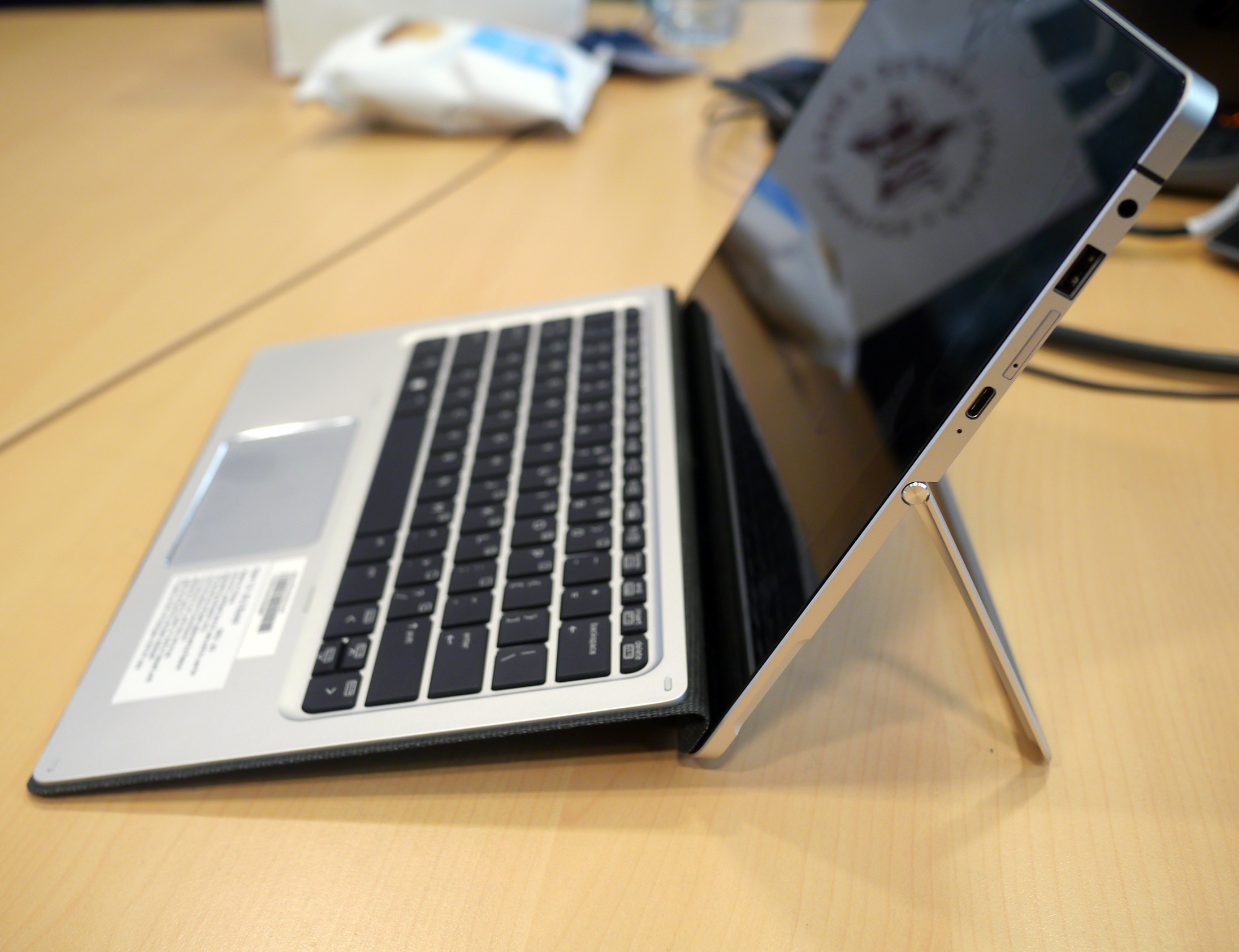Year in Review: Industry and the economy in 2009
We take a look at how IT markets have handled the recession throughout 2009.


It has been a rocky year for every industry and the recession has been affecting our own pockets as well. Here's a look at the big stories in the technology world and how they have fared in the current economic climate.
Small is the next big thing
As the year has been tough on our pockets we have spent less and less and one area of the market that has felt this is PCs.
At the start of the year a report from Gartner showed the PC market had suffered its worst growth rate since 2002 with just a tiny worldwide shipment increase of 1.1 per cent.
However this started the theme of the rest of the year as the mini-notebook or netbook became a massive driver for the area.
In that fourth quarter of 2008 Gartner said the growth in sales of netbooks was not only the driver but had totally outpaced the growth of the rest of the market.
This did lead to a drop in revenues though as the smaller, lighter and cheaper netbooks grew in popularity.
Get the ITPro daily newsletter
Sign up today and you will receive a free copy of our Future Focus 2025 report - the leading guidance on AI, cybersecurity and other IT challenges as per 700+ senior executives
As the year continued the growth of PC shipments stopped all together and in June a report was released by iSuppli saying it had fallen by over eight per cent compared to the same time last year.
Again though, netbooks continued to grow, by this point a further 10 per cent.
As the year heads to a close, seasonal trends are helping the industry out and sales of PCs are back on the rise with Gartner claiming a sequential increase of 30 per cent.
But the industry owes a lot to its smaller family member, the notebook, which analysts predict will continue to grow in popularity throughout 2010.
Choose the smarter phone
It is hard to think that the mobile phone industry would be suffering when everywhere you look there is another device coming out or somebody chattering away on one.
Yet as 2009 kicked off, the mobile market had just experienced a sharp decline with sales dropping by five per cent according to ABI Research.
At the time the firm warned that the industry would have a tough year ahead but looked to 3G handsets, smartphones and mobile broadband modems would keep its head above water.
As May came around the outlook was even bleaker. Two separate reports from Strategy Analytics and IDC showed shipments had declined by 13 per cent and 15.8 per cent respectively.
The decline saw many firms having to cut back due to losses and big players like Nokia and Sony Ericsson having to slash jobs to save cash.
But as predicted earlier in the year, the smartphone market continued to grow, especially sales of the iPhone which strategy Analytics claimed grew by 123 per cent.
As Summer rolled around more positive reports were being released about the state of the market. ABI Research claimed shipments were going back up and revenue was rising, with emerging markets making up a large chunk as they progressively adopted the technology.
At the end of 2009 the real focus is on the smartphone market as more and more customers get on board with the next generation devices. IDC reported that, despite the recession, shipments continued to grow a further 3.2 per cent and believed the trend would continue well into 2010.
A hard hit for hardware
There is no question that 2009 has been the year of the virtual world and software. Virtualisation, cloud computing, deduplication, all these technologies go above and beyond the humble server box and more people are moving outwards than investing internally.
To this end it has been a tough year for the hardware market, servers especially which seem to have taken the brunt of the decline.
The year didn't get off to a great start as at the end of 2008 the server market had experienced its worst revenue decline since 2005 according to IDC's Quarterly Server Tracker.
The recession was slowing down spending and encouraging people to look for alternative options rather than ripping and replacing their old kit.
The drops kept on coming as sales continued to fall. In May, IDC confirmed the third quarter in a row that revenues had fallen and actually hit the lowest that the analyst firm had seen since it began tracking the market 12 years ago.
Yet as early as this in the year positive predictions were coming through and IDC believed that server demand would improve in the second half of the year and go on to grow in 2010 as the economy recovered.
But by the time September rolled around the server market had broken new records, again hitting the lowest sales numbers and revenues since records began.
Gartner showed revenues dropping by almost 30 per cent and even the popular market leading x86 server revenues falling by 25.7 per cent.
And 2009 doesn't end happily for this market with December figures not only showing drops for the market as a whole, but showing double digit declines for four of the top five vendors.
However, analysts continued to be positive saying the dips were lessening and there were signs of stabilisation. We will have to wait and see if 2010 brings the positivity it desperately needs.
Recession bites but recovery beckons
It has been a tough year for the industry, even for solid popular markets like mobile phones, but it seems as the country begins to recover from the recession so does IT.
There are positive signs for the future and innovations like netbooks and smartphones are helping out in the meantime but the proof will be in the pudding of 2010.
Jennifer Scott is a former freelance journalist and currently political reporter for Sky News. She has a varied writing history, having started her career at Dennis Publishing, working in various roles across its business technology titles, including ITPro. Jennifer has specialised in a number of areas over the years and has produced a wealth of content for ITPro, focusing largely on data storage, networking, cloud computing, and telecommunications.
Most recently Jennifer has turned her skills to the political sphere and broadcast journalism, where she has worked for the BBC as a political reporter, before moving to Sky News.
-
 Global PC sales could face a major hurdle in 2025
Global PC sales could face a major hurdle in 2025News Global PC and tablet sales could face a major hurdle in 2025, according to new research from IDC.
By Emma Woollacott
-
 AI PCs are set to surge in popularity in 2024, but vendors might find it hard to differentiate offerings
AI PCs are set to surge in popularity in 2024, but vendors might find it hard to differentiate offeringsNews AI PCs are moving beyond the hype stage as analysts forecast significant signs of growth in this rapidly emerging market
By Ross Kelly
-
 The AI PC is coming: Here’s what you need to know
The AI PC is coming: Here’s what you need to knowAnalysis Analysts believe a new wave of AI PC’s will spur increased tech spending in 2024
By Steve Ranger
-
 Waning hardware demand to wipe nearly $70bn from chipmaker revenues
Waning hardware demand to wipe nearly $70bn from chipmaker revenuesNews The semiconductor market is feeling the impact of decreasing business hardware demand
By Ross Kelly
-
 Hardware shortages could plague 2017 smartphone sales
Hardware shortages could plague 2017 smartphone salesNews Gartner: Samsung is top of the smartphone pile, while Apple sees a decline
By Dale Walker
-
 Global PC shipments decline for fifth year running, says Gartner
Global PC shipments decline for fifth year running, says GartnerNews Hardware market continues inexorable decline as consumers rely increasingly on smartphones
By Adam Shepherd
-
 PC sales threatened by power of detachable tablets
PC sales threatened by power of detachable tabletsNews IDC revealed PC sales are set to decline 7.3 per cent year-on-year by the end of 2016
By Clare Hopping
-
 Gartner: worldwide smartphone demand to slow in 2016
Gartner: worldwide smartphone demand to slow in 2016News Decreased interest from new markets and more durable handsets will lead to market slowdown
By Aaron Lee

